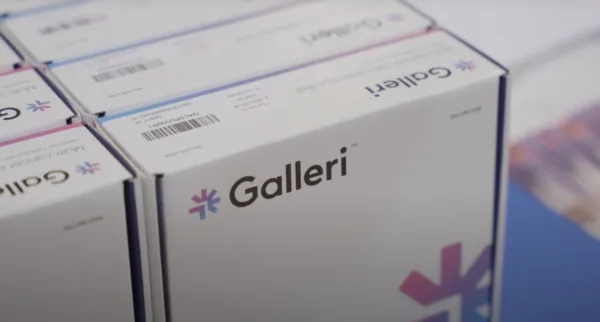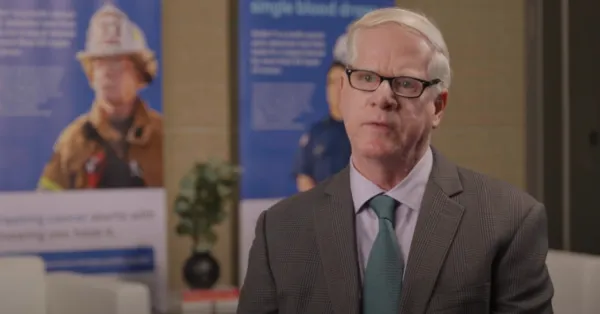Cancer needs a quick response time too
About 70% of cancer deaths are caused by cancers with no recommended screening.1,2*
It’s time for a change: Get multi-cancer early detection (MCED) screening with the Galleri® test.
*Assumes screening is available for all prostate, breast, cervical, and colorectal cancer cases and 43% of lung cancer cases (based on the estimated proportion of lung cancers that occur in screen-eligible individuals older than 40 years).

*Assumes screening is available for all prostate, breast, cervical, and colorectal cancer cases and 43% of lung cancer cases (based on the estimated proportion of lung cancers that occur in screen-eligible individuals older than 40 years).
“The bottom line for me was that screening with the Galleri test meant we could cast a wider net by adding it to single cancer screening tests … an incredible advancement for firefighter health.”

30,000+ first responders3 tested in 160+ US departments4

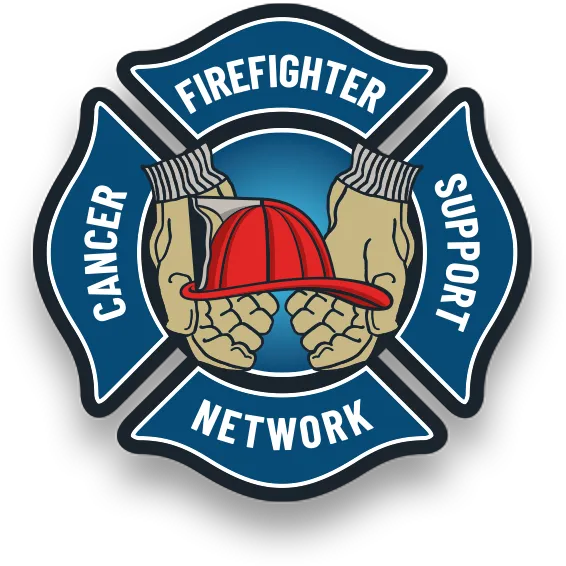



Screen for many deadly cancers,
before symptoms appear
Galleri is a proactive blood test that screens for many of the deadliest cancers, including 12 cancers* responsible for about 2/3 of cancer deaths.1,5 The Galleri test also predicts the cancer's origin with high accuracy.6 The test can be done annually in addition to recommended screenings (i.e., lung, for those at risk, colorectal, breast, prostate, and cervical).2
Reach out to the Galleri team to learn more.
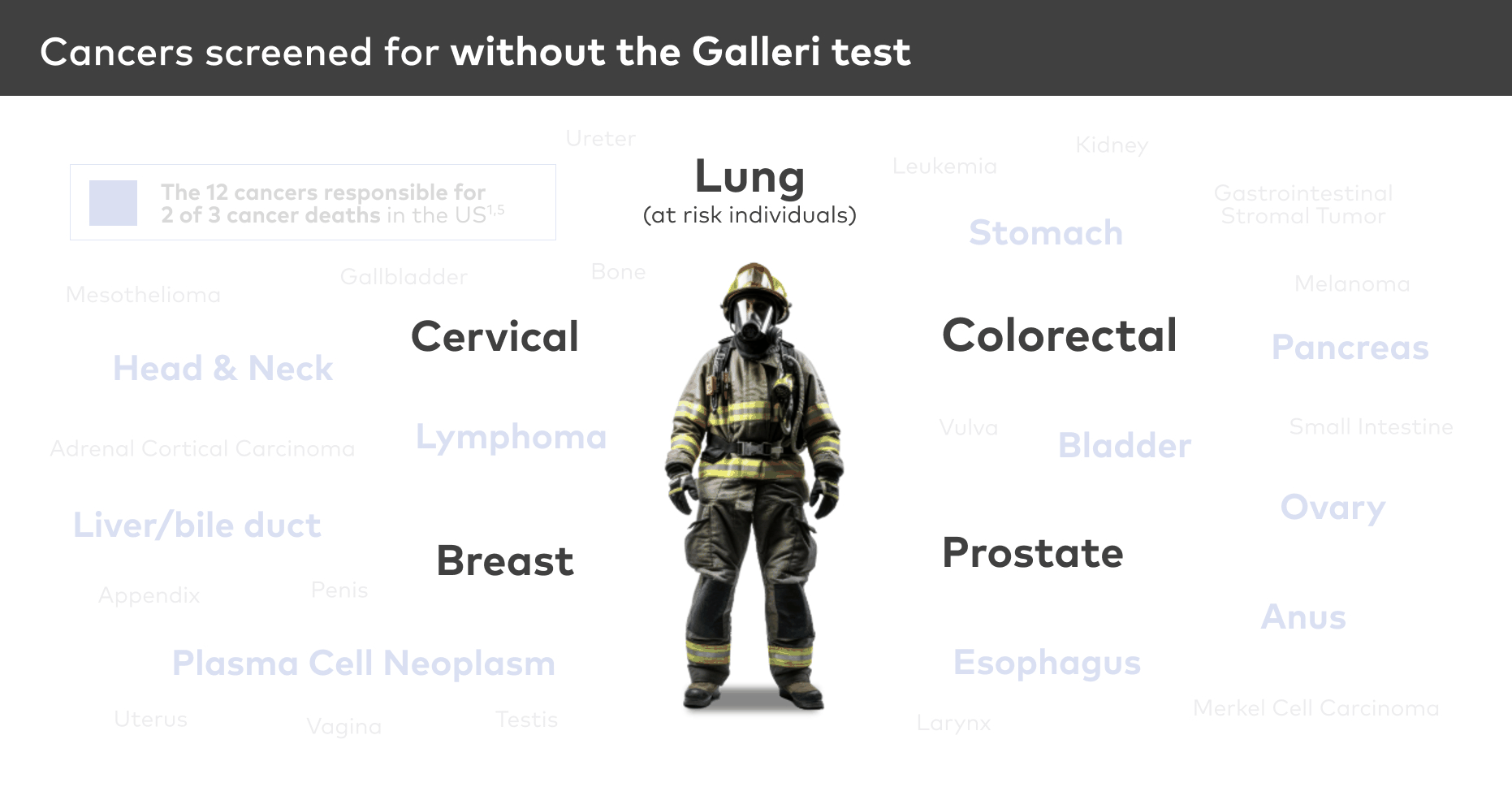
The Galleri test detects a cancer signal for 50+ cancers, including those shown above.
The Galleri test does not detect a signal for all cancers and not all cancers can be detected in the blood. False positive and false negative results do occur. The Galleri test identifies DNA in the bloodstream shed by cancer cells and does not predict future genetic risk for cancer. Galleri is a screening test and does not diagnose cancer. Diagnostic testing is needed to confirm cancer. The Galleri test should be used in addition to healthcare provider recommended screening tests. The Galleri test is available by prescription only.
*Anus, bladder, colon/rectum, esophagus, head and neck, liver/bile duct, lung, lymphoma, ovary, pancreas, plasma cell neoplasm, and stomach.
Validated through clinical studies with over 20 leading institutions5,7




How the Galleri test works
Using next-generation DNA sequencing, machine learning, and AI, the Galleri test can detect a cancer signal in the blood and predict the tissue or organ associated with the cancer signal.5
The Galleri test does not detect a signal for all cancers and not all cancers can be detected in the blood. False positive and false negative results do occur. The Galleri test identifies DNA in the bloodstream shed by cancer cells and does not predict future genetic risk for cancer.
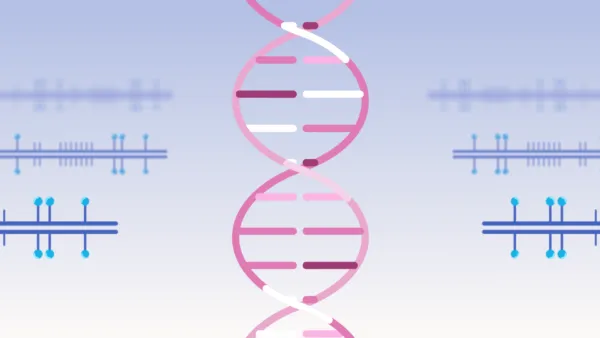
“I looked at other options, but none have the supporting clinical evidence that GRAIL and Galleri did. ... What this test provided our firefighters and our department was priceless.”

The Galleri test is part of a comprehensive experience
The Galleri team helps fire and police departments and other first responder organizations develop a robust engagement strategy to educate personnel (firefighters, police, EMS, and EMT teams) and raise awareness about the Galleri test.
The Galleri test is often conducted through an on-site blood draw event, with additional options through participants' existing providers or a partnered reference lab. The Galleri test is available by prescription only. If appropriate, a participant's test request will be approved by a healthcare provider.
The test result is returned 2-3 weeks after the Galleri team receives the sample in the lab, and all Cancer Signal Detected results are discussed live with a healthcare professional. Learn about the Galleri test results.
All individuals who receive a Cancer Signal Detected result are contacted by the ordering physician. Then, they receive a follow-up call from a patient advocate who can provide 360-degree case management, help coordinate the next steps, and even assist in finding an in-network primary care physician (PCP). Additionally, the Galleri team provides support for patients' PCPs and care teams, including access to nationally recognized specialists as well as on-demand access to a Positive Result Resource Center.
“An impressive 95% of our department participated.”
(In a Galleri on-site blood draw event)

Why first responders chose the Galleri test
"Our experience with GRAIL and the Galleri test has been
nothing short of amazing."

Get started
By submitting this form, you agree to GRAIL’s use of this information to contact you, including for marketing purposes. Please do not include any sensitive or confidential information, including health information. For more information, please refer to our privacy notice.
Frequently asked questions
No, the Galleri test does not predict future genetic risk for cancer. A genetic risk assessment is a one-time measurement that evaluates the future risk of developing cancer. Genetic tests may look at DNA and assess lifelong risk for cancer but cannot detect if a person currently has cancer.
The Galleri test looks for a signal associated with active cancer at the time of the blood draw. Annual testing with the Galleri test, alongside recommended cancer screenings, can increase the chance of finding cancer early.8,9
The Galleri test does not detect a signal for all cancers and not all cancers can be detected in the blood. False positive and false negative results do occur.
The Galleri test detects a cancer signal shared by more than 50 cancers, including many fast-spreading and aggressive cancers responsible for approximately two-thirds of cancer deaths.1,5
Recommended cancer screening tests, such as colonoscopies or mammograms, are commonly used and have been shown to reduce cancer deaths. Missing recommended screening or ignoring symptoms could lead to a delayed diagnosis of cancer. Participants are encouraged to ask their healthcare provider about what cancer screening tests are right for them.
The Galleri test does not detect a signal for all cancers and not all cancers can be detected in the blood. False positive and false negative results do occur. Galleri is a screening test and does not diagnose cancer. Diagnostic testing is needed to confirm cancer. The Galleri test should be used in addition to healthcare provider recommended screening tests.
The Galleri test is recommended for use in adults with an elevated risk for cancer, such as those age 50 or older. Use of the test is not recommended in individuals who are pregnant, 21 years old or younger, or undergoing active cancer treatment. The Galleri test is available by prescription only.
Departments, unions, and other first responder organizations can offer the Galleri test as a benefit or enable their personnel to request the test at a discounted price. Firefighters, police officers, emergency medical service providers — whether active, volunteer, or retired — and spouses/dependents qualify for the discounted price. Fill out the form above to connect with the Galleri team about how to set up testing for your first responders.
The Galleri test does not detect a signal for all cancers and not all cancers can be detected in the blood. False positive and false negative results do occur. The Galleri test should be used in addition to healthcare provider recommended screening tests.
GRAIL is a healthcare company pioneering new technologies to advance early cancer detection. GRAIL is the company that manufactures the Galleri multi-cancer early detection test. You may receive information or communications from GRAIL or Galleri about the Galleri test.
The Galleri test identifies DNA in the bloodstream shed by cancer cells at the time of the participant's blood draw. If a cancer signal is detected, the Galleri test result includes a prediction of the organ or tissue type associated with the cancer signal5,7 to help the participant's healthcare provider guide the next steps.
The Galleri test does not detect a signal for all cancers and not all cancers can be detected in the blood. False positive and false negative results do occur.
Your GRAIL team can work with you to plan an on-site event where eligible participants can have their blood drawn (requires on-site healthcare provider approval, provided by GRAIL).
We also can offer the test through telemedicine, and an independent healthcare provider will review the request and order the test, if appropriate. The test is available by prescription only.
Learn more about how a sample is processed at the GRAIL laboratory by watching this video.
The participant's blood sample will arrive at the GRAIL lab within 2 days after the blood draw. The test result will be available about 2-3 weeks after the sample is received at the GRAIL lab.
The ordering provider will share the test result with the participant. In addition, GRAIL will email the test result to the participant.
The test result can be requested by contacting GRAIL Customer Service at (833) 694‑2553.
A Cancer Signal Detected result means the Galleri test detected DNA methylation patterns that are often associated with cancer in the participant's blood sample.
This result will also include a prediction of the tissue type or organ associated with the cancer signal, called a Cancer Signal Origin. This helps the participant's doctor determine the next steps for diagnosis.
The result should be interpreted by a healthcare provider. GRAIL also offers patients and providers additional support and resources to help guide the next steps.
The Galleri test does not detect a signal for all cancers and not all cancers can be detected in the blood. False positive and false negative results do occur. Galleri is a screening test and does not diagnose cancer. Diagnostic testing is needed to confirm cancer. The Galleri test identifies DNA in the bloodstream shed by cancer cells and does not predict future genetic risk for cancer.
A Cancer Signal Detected test result is not a cancer diagnosis. A Cancer Signal Detected result requires follow-up diagnostic testing, which may include lab work or imaging ordered by the participant's healthcare provider. GRAIL also offers patients and providers additional support and resources to help guide the next steps.
The Galleri test does not detect a signal for all cancers and not all cancers can be detected in the blood. False positive and false negative results do occur.
A No Cancer Signal Detected result means the Galleri test did not detect DNA methylation patterns that are associated with cancer in the participant's blood sample.
This result does not completely rule out the possibility of cancer. The Galleri test does not detect a signal for all cancers and not all cancers can be detected in the blood. This result does not predict whether the participant will develop cancer in the future. Participants can ask their healthcare provider when it is best to test again.
The Galleri test does not detect a signal for all cancers and not all cancers can be detected in the blood. False positive and false negative results do occur. Galleri is a screening test and does not diagnose cancer. Diagnostic testing is needed to confirm cancer. The Galleri test identifies DNA in the bloodstream shed by cancer cells and does not predict future genetic risk for cancer.
All individuals who receive a Cancer Signal Detected result on their Galleri test receive a phone call from a healthcare provider to explain the result and ensure the participant has a primary care physician (PCP) with whom the results can be shared. A GRAIL patient advocate can connect the individual’s PCP with expert peer-to-peer consultation services regarding the next steps for diagnostic testing. If the participant does not have a PCP, the patient advocate will provide them with local, in-network, primary care, navigation support. Once a PCP is found, the patient advocate can provide connections to expert peer-to-peer physician support. The patient advocate conducts ongoing follow-up with the individual to confirm the appropriate next steps are taken towards diagnostic evaluation.
The Galleri test does not detect a signal for all cancers and not all cancers can be detected in the blood. False positive and false negative results do occur.
The Galleri test is recommended for use in adults with an elevated risk for cancer, such as those age 50 or older. The test does not detect all cancers and should be used in addition to routine cancer screening tests recommended by a healthcare provider. The Galleri test is intended to detect cancer signals and predict where in the body the cancer signal is located. Use of the test is not recommended in individuals who are pregnant, 21 years old or younger, or undergoing active cancer treatment.
Results should be interpreted by a healthcare provider in the context of medical history, clinical signs, and symptoms. A test result of No Cancer Signal Detected does not rule out cancer. A test result of Cancer Signal Detected requires confirmatory diagnostic evaluation by medically established procedures (e.g., imaging) to confirm cancer.
If cancer is not confirmed with further testing, it could mean that cancer is not present or testing was insufficient to detect cancer, including due to the cancer being located in a different part of the body. False positive (a cancer signal detected when cancer is not present) and false negative (a cancer signal not detected when cancer is present) test results do occur. Rx only.
The GRAIL clinical laboratory is certified under the Clinical Laboratory Improvement Amendments of 1988 (CLIA) and accredited by the College of American Pathologists. The Galleri test was developed — and its performance characteristics were determined — by GRAIL. The Galleri test has not been cleared or approved by the Food and Drug Administration. The GRAIL clinical laboratory is regulated under CLIA to perform high-complexity testing. The Galleri test is intended for clinical purposes
- American Cancer Society. Cancer facts & figures 2022. https://www.cancer.org/research/cancer-facts-statistics/all-cancer-facts-figures/cancer-facts-figures-2022.html [GRAIL, Inc. Data on file: GA-2021-0065]
- US Preventive Services Task Force. A,B,C grade recommendations, cancer, screening [cited 2025 Mar 18]. https://www.uspreventiveservicestaskforce.org/uspstf/topic_search_results
- [GRAIL, Inc. Data on file: GA-2024-0231]
- [GRAIL, Inc. Data on file: GA-2024-0230]
- Klein EA, Richards D, Cohn A, et al. Clinical validation of a targeted methylation-based multi-cancer early detection test using an independent validation set. Ann Oncol. 2021;32(9):1167-77. doi: 10.1016/j.annonc.2021.05.806
- Enhanced Cancer Signal Origin prediction. [GRAIL, Inc. Data on file: VV-TMF-59592]
- Schrag D, Beer TM, McDonnell CH, et al. Blood-based tests for multicancer early detection (PATHFINDER): a prospective cohort study. Lancet. 2023;402(10409):1251-60. doi: 10.1016/S0140-6736(23)01700-2
- Patel A. Methylated DNA biomarkers and incident cancer in the American Cancer Society (ACS) Cancer Prevention Study-3 (CPS-3) cohort. American Society of Clinical Oncology (ASCO) Annual Meeting; 2023 Jun 2-6.
- Sasieni P, Clarke CA, Hubbell E. Impact of MCED screening interval on reduction in late-stage cancer diagnosis and mortality. European Society for Medical Oncology (ESMO) Virtual Congress [poster]; 2021 Sep 16-21.




